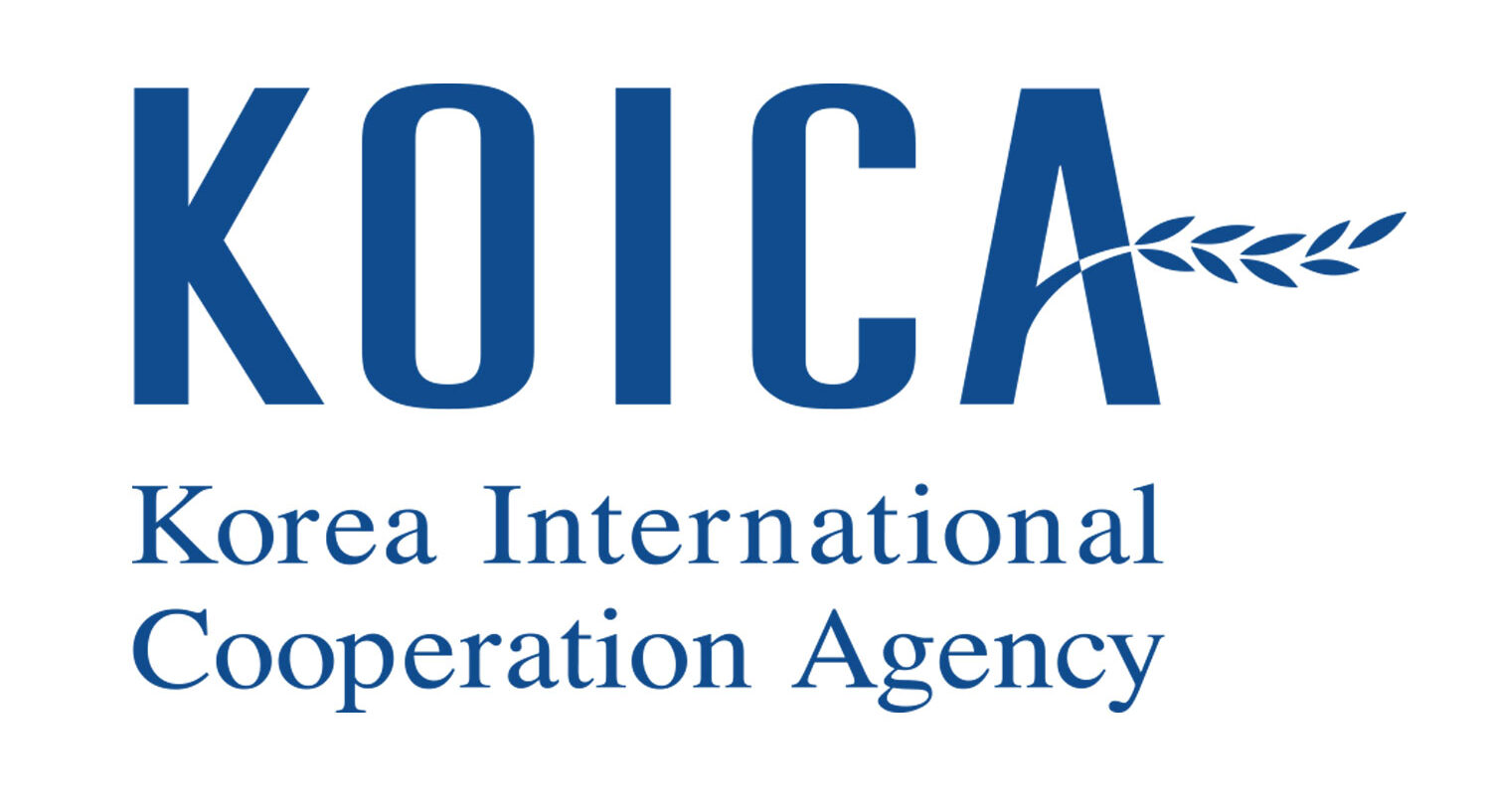NATIONAL CENTER FOR LABORATORY AND EPIDEMIOLOGY (NCLE)

The National Center for Laboratory and Epidemiology (NCLE) is under the supervision of the Department of Communicable Disease Control, Ministry of Health. Established in 1998 NCLE serves the Ministry of Health in 02 key areas, supporting the national notifiable disease surveillance and reporting system and outbreak response and providing services as the national public health microbiology laboratory. In addition, NCLE is the National Influenza Center and a WHO accredited Measles, Rubella and Japanese encephalitis virus testing laboratory. As secretariat of the National Laboratory Committee, NCLE is tasked with implementing the National Policy and Strategic Plan for health laboratory capacity building, which are essential tosustainable health system development.
Vision
Improving public health in Lao PDR through quality laboratory services, vigilance disease surveillance and effective response.
Mission
The National Center for Laboratory and Epidemiology is committed to serving public health in Lao PDR through surveillance and early detection and identification of disease pathogens and to direct effective disease control (response) efforts during outbreaks. NCLE also serves as the national microbiology reference laboratory, providing accurate and reliable laboratory testing services to support medical diagnosis of emerging and re-emerging diseases as well as public health education and research
Organization chart

NCLE has 03 operational Sections:
1. Administrative Section
2. Epidemiology Section
3. Laboratory Section
Administrative Section
Within this section, there are 03 sub-units:
1) Administrative management Unit
2) Planning and collaborative Unit
3) Financial Unit
The Administrative section is responsible for managing cooperation with internal and external partners, collaboration with development partners and relevant sectors, human resources, facility management, equipment management, vehicles and budgeting.
Epidemiology Section
Within this section, there are 3 sub-units:
1) Surveillance and Investigation Unit
2) Data Information and Reporting Unit
3) IEC and Training Unit
This section is responsible for the surveillance and control of emerging and re-emerging infectious diseases, monitoring incidence rates, assessing risk and identifying causes and risk factors for transmission that threaten public health.
Roles of Epidemiology:
1) Conduct surveillance on 17 notifiable diseases/symptoms: Acute Flaccid Paralysis, Fever and Rash, Neonatal Tetanus, Tetanus of all ages, Diphtheria, Pertussis, Dengue (without warning signs, with warning signs, Severe Dengue), Acute Watery Diarrhea, Acute Bloody Diarrhea, Food poisoning, Typhoid Fever, Anthrax, Acute Jaundice Syndrome, Meningitis, Acute Encephalitis Syndrome, Plague, Severe Acute Respiratory Infection. Additionally, conducting monitoring of unusual event in the communities that effect to health of people, make the weekly, monthly and yearly surveillance report to various sectors
2) Conduct investigations and implement control efforts with relevant sectors for outbreaks and unusual events that may impact public health.
3) Capacity building through the Field Epidemiology Training (FET) program.
4) Undertake research and promote programs to strengthen epidemiology capacity in hospitals and health care. Facilities such as nosocomial infection surveillance
5) Collaborate with other sectors such as the Ministry of Agriculture to conduct joint surveillance for zoonotic diseases such as avian influenza, rabies, anthrax, etc…
Laboratory Section
The unit is responsible for laboratory testing and identification of the agents (bacteria, viruses and parasites) which are the cause of disease and outbreaks. It supports the medical laboratory diagnostic techniques, quality management and biosafety for all laboratory levels in the country and is comprised of 05 units:
1) Serology-Virology unit
2) Bacteriology unit
3) Quality management unit
4) Biosafety unit
5) Administrative and data information unit
Laboratory capacity for diagnosing the causative pathogens of diseases and epidemiology by several laboratory methods at NCLE:
Laboratory testing in the Serology-Virology
1) PCR: To detect seasonal Influenza virus, Influenza virus H5, H7, Dengue virus, and Serotype, Chikungunya virus, Corona virus and Bacillus anthracis
2) DNA sequencing: Influenza virus
3) Cell culture: Influenza virus and HI
4) ELISA: Japanese encephalitis virus, Dengue virus, Measles virus, Rubella virus, Rotavirus, HIV, Hepatitis A &E virus and Leptospiraspp
5) Rapid testing: Scrub typhus, Syphilis, HIV, Leptospiraspp and Dengue
Laboratory testing in the Bacteriology
1) Bacterial culture from referral specimens from clinical sites and outbreak investigations.
2) Diphtheria culture, Bacillus anthracis, Respiratory viruses, Chlamydia trachomatis and Neisseria gonorrhoeae.
3) Antibiotic susceptibility testing (AST) of bacterial isolate
4) PCR: Enteric pathogens including E.coli, Salmonellaspp. Shigellaspp, Campylobacter and Vibrio spp.
5) Serotyping: Salmonellaspp and Shigellaspp and Vibrio
Laboratory Quality Assurance
NCLE participates in a number of External Quality Assurance (EQA) programs including:
Bacteriology
Pacific Paramedical Training Centre Microbiology Quality Assessment Program (PPTC) from New Zealand for general bacterial
EQA from National Food Institute, Technical University of Denmark, WHO Collaborating Center (WHO GFN) for food borne pathogen
UK National External Quality Assessment Scheme (UKNEQAS) from UK for meningitis panel
IBVPD for Rotavirus
Virology
WHO (Influenza, Measles, Rubella, JE, Dengue and Chikungunya)
Australia RCPA Quality Assurance program (MERS-CoV)
New Zealand Paramedical Training Center (HIV serology)
Thai-NIH (HIV serology)
NCLE also supports a limited National External Quality
Assurance (NEQA) program, providing samples to the laboratory network for testing. Examples include: HIV, Dengue virus and bacterial panels for causes of severe diarrhea and gram stain slides for primary diagnoses of sexual transmitted diseases.
NCLE leads a quality management system program that promotes and supports the use of the WHO/KIT Laboratory Quality Stepwise Implementation (LQSI) tool which is based on the ISO 15189 standard.
Biosafety
NCLE provides assessments and training to research centers and hospital laboratories to improve laboratory biorisk management throughout the country.














